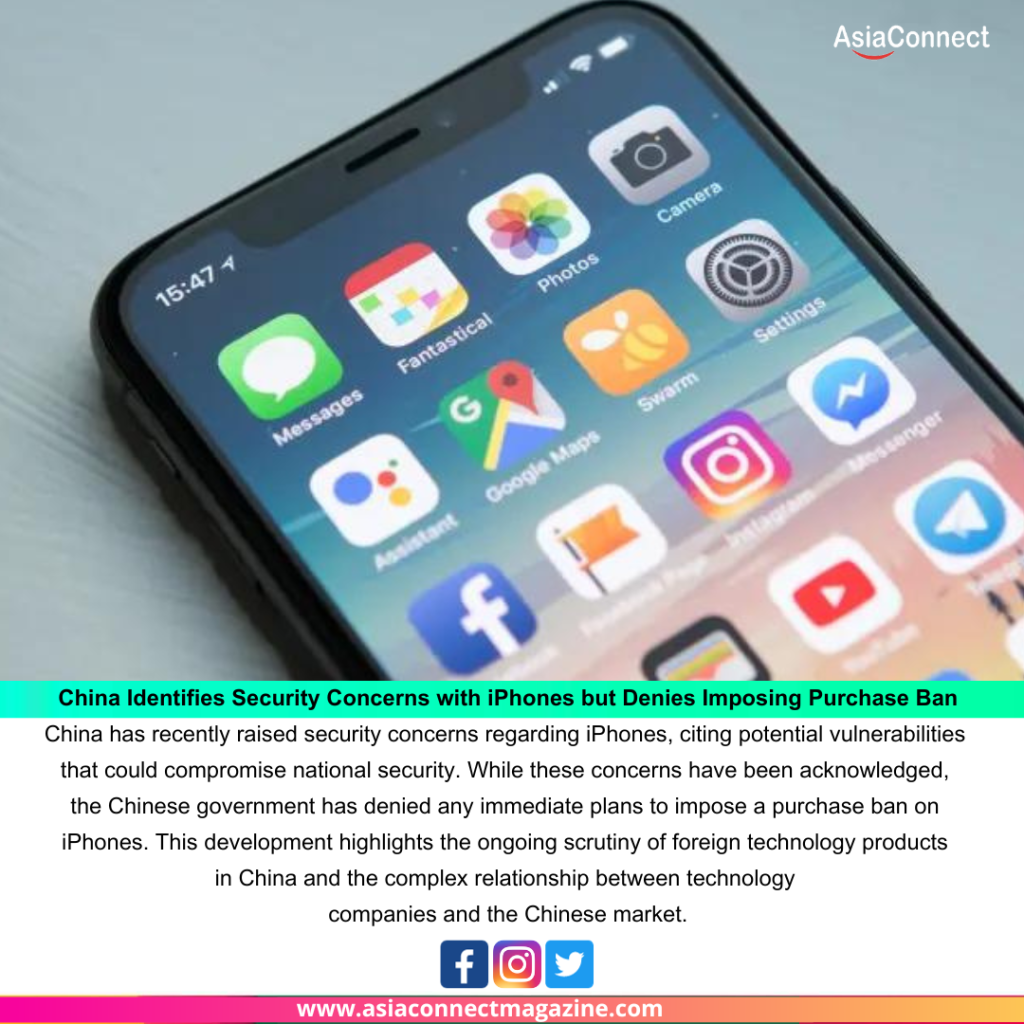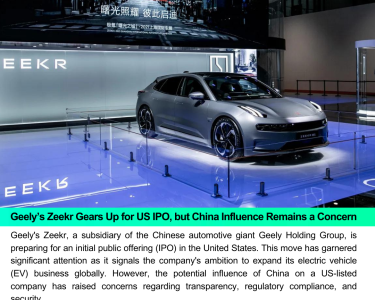
China has recently raised security concerns regarding iPhones, citing potential vulnerabilities that could compromise national security. While these concerns have been acknowledged, the Chinese government has denied any immediate plans to impose a purchase ban on iPhones. This development highlights the ongoing scrutiny of foreign technology products in China and the complex relationship between technology companies and the Chinese market.
Security Concerns
Chinese authorities have expressed concerns about certain features and functions in iPhones that they believe could pose security risks. These concerns primarily revolve around the data collected by iPhones and their operating systems. Key areas of concern include:
- Data Privacy: Chinese officials have raised questions about the extent of data collected by iPhones and how this data is managed, particularly in relation to user privacy.
- Operating System Control: The Chinese government is wary of the level of control that Apple has over the iOS operating system, which powers iPhones. They are concerned about potential vulnerabilities that could be exploited by foreign entities.
- Backdoor Access: There have been concerns about whether foreign governments could potentially gain backdoor access to iPhones, allowing them to monitor or control devices remotely.
- Data Localization: Chinese authorities have also stressed the importance of data localization, urging that sensitive data collected by iPhones be stored within China’s borders to ensure greater control and security.
Government Response
In response to these concerns, the Chinese government has initiated discussions with Apple to address the security issues raised. However, officials have clarified that there is no immediate plan to ban the sale of iPhones in China. The government’s approach seems to be centered on enhancing oversight and security measures rather than outright prohibition.
China is a critical market for Apple, and any ban on iPhone sales in the country would have significant financial implications for the tech giant. Therefore, both Apple and the Chinese government have a shared interest in resolving these concerns in a manner that safeguards national security while allowing the continued availability of iPhones to Chinese consumers.
Ongoing Scrutiny of Tech Products in China
The Chinese government has been increasingly scrutinizing foreign technology products and services over the past several years. This scrutiny is driven by concerns related to cybersecurity, data privacy, and national security. Companies like Apple, as well as other tech giants, are regularly subjected to evaluations and inspections to ensure compliance with Chinese regulations.
China has also introduced measures that require companies to undergo cybersecurity reviews before they can sell certain products or services in the country. These reviews aim to assess potential security risks associated with foreign technology and prevent unauthorized access to sensitive data.
Balancing Act for Tech Companies
For multinational technology companies operating in China, navigating the regulatory landscape can be challenging. They must strike a delicate balance between complying with local regulations and protecting user data and privacy. At the same time, they must address concerns raised by Chinese authorities while ensuring that their products remain accessible to the vast Chinese consumer market.
Conclusion
China’s identification of security concerns with iPhones reflects the broader trend of increased scrutiny of foreign technology products in the country. While the concerns have been acknowledged, the Chinese government’s decision not to impose an immediate purchase ban suggests a willingness to work with Apple to address these issues collaboratively. The outcome of these discussions will be closely watched, as it will impact not only Apple’s operations in China but also set a precedent for how other foreign tech companies are evaluated and regulated in the country. Balancing security, privacy, and market access remains a complex challenge for tech giants operating in the Chinese market.




